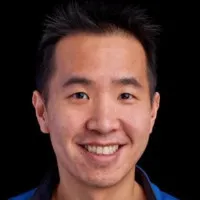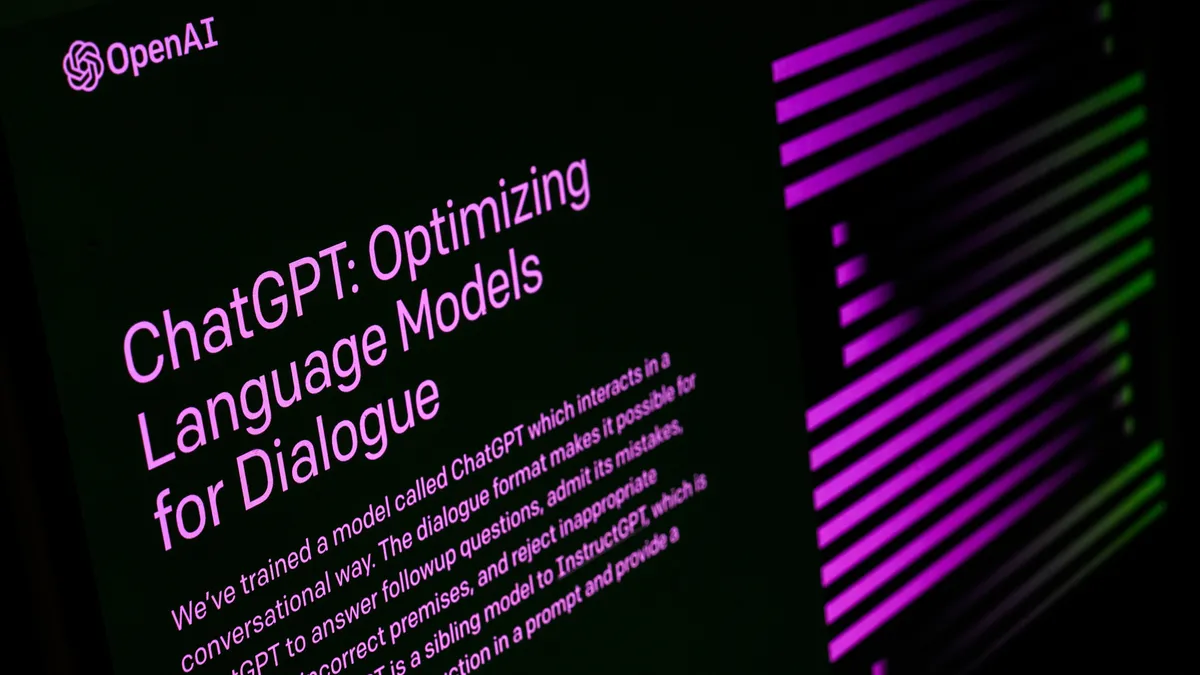OpenAI, the organization that has gained global prominence since the launch of ChatGPT, recently promoted Che Chang to serve as general counsel.
Chang, who previously worked in-house at Amazon, was elevated from his role as OpenAI’s deputy general counsel. He replaces Jason Kwon, who was promoted to chief strategy officer at OpenAI.
The change in legal department leadership comes as OpenAI is playing a major role in supporting the development of generative AI tools beyond its well-publicized chatbot. Many emerging technologies, including those with legal use cases, are powered by OpenAI’s GPT-4 large language model.
At the same time, OpenAI is facing scrutiny from government regulators such as the Federal Trade Commission about its data practices and is the target of litigation from a growing number of entities.
"We're on the forefront of AI technology and the law, and we’re dedicated to ensuring safe, powerful AI benefits for everyone,” Chang said in a statement to Legal Dive. “This means developing a deep understanding of the unique and fundamental legal, policy, social, and technological issues that come with the development and use of our models — and navigating and shaping largely uncharted legal territory.
“That’s why we’re thoughtfully building a small team of highly-skilled legal experts from diverse fields who are passionate about doing significant and unique work in technology law,” Chang said.
Recent additions to Chang’s team include Deputy GC Renny Hwang, a former in-house litigation leader at Google. Ben Rossen, a former FTC lawyer, also has joined OpenAI’s legal department as senior counsel.
Chang’s background
Prior to joining AI a couple years ago, Chang worked as a senior corporate counsel at Amazon Web Services.

As part of this work, he led the legal teams for AWS's Artificial Intelligence/Machine Learning and Marketplace businesses, according to his LinkedIn page.
He also advised senior executives on developing and selling AI and machine learning products. Chang was with Amazon for roughly six years.
Earlier in his career, he worked as a technology transactions attorney at Goodwin Procter. His major clients included Reddit, Twilio, Westfield Labs, Blue Jeans Network, Topsy and Curse, according to his LinkedIn profile.
Kwon’s background
Kwon, Chang’s predecessor, became OpenAI’s GC in 2021. He held this role in the lead-up to, and during, the launch of ChatGPT in late 2022.
He had previous experience serving as the general counsel at the real estate start-up ZeroDown. Kwon also served as general counsel for Y Combinator’s YC Continuity investment fund.
Earlier in his career, he worked as an associate at Goodwin Procter. He was at the law firm during a similar period as Chang.
Navigating challenges
Beyond the acclaim OpenAI has generated for the text-generating ChatGPT, it is also grappling with regulatory and litigation headwinds.
For example, it was recently revealed that the Federal Trade Commission is investigating OpenAI to determine whether the company engaged in unfair or deceptive data security practices. The FTC is also seeking to determine whether the organization risked harm to consumers.
Additionally, OpenAI’s scraping of data from the Internet has been the target of litigation. The lawsuits include a recent case brought by a California law firm arguing OpenAI scraped millions of people’s data without permission to train its models. OpenAI did not respond to a request for comment at the time the suit was filed.
Comedian Sarah Silverman and some well-known authors are also among those suing OpenAI for copyright infringement as part of a class action.
These cases are likely to keep OpenAI’s internal legal team and outside counsel quite busy in the months to come.











